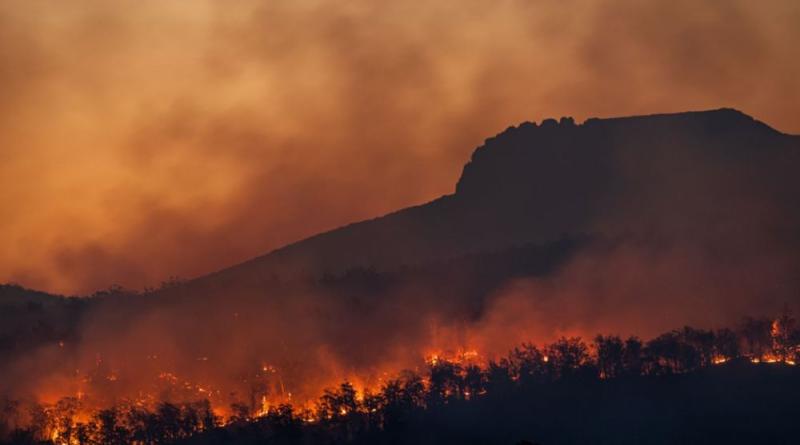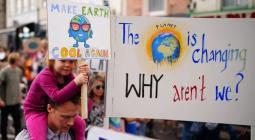IPCC report forecasts impending and unavoidable climate hazards over the next two decades

The latest IPCC report states any further delay in global action on adaptation and mitigation will miss the closing window of opportunity to secure a liveable and sustainable future for all.
The Intergovernmental Panel on Climate Change has finalised the second part of the Sixth Assessment Report, Climate Change 2022: Impacts, Adaptation and Vulnerability, the Working Group II contribution to the Sixth Assessment Report.
The IPCC report explores future impacts at different levels of warming and the resulting risk and offers options to strengthen natures and society’s resilience to ongoing climate change, to fight hunger, poverty, and inequality.
People and ecosystems least able to cope are being hit hardest with the drastic effects of climate change, according to scientists in the report.
Extreme weather conditions, including heatwaves, droughts and floods, are occurring simultaneously, exposing millions to food and water insecurity.
Ambitious, accelerated action is required to adapt to climate change, in addition to rapidly cutting greenhouse gas emissions.
There are increasing gaps between action taken and what is needed to deal with the rising climate risks, with the largest gaps among lower-income populations.
Hoesung Lee, Chair of the IPCC, said: “This report is a dire warning about the consequences of inaction. It shows that climate change is a grave and mounting threat to our wellbeing and a healthy planet. Our actions today will shape how people adapt and nature responds to increasing climate risks.”
The Working Group II analysis provides new insights into nature’s potential not only to reduce climate risks but also to improve people’s lives.
Hans-Otto Pörtner, IPCC Working Group II Co-Chair, said: “Healthy ecosystems are more resilient to climate change and provide life-critical services such as food and clean water.”
“By restoring degraded ecosystems and effectively and equitably conserving 30 to 50 per cent of Earth’s land, freshwater and ocean habitats, society can benefit from nature’s capacity to absorb and store carbon, and we can accelerate progress towards sustainable development, but adequate finance and political support are essential.”
Climate Resilient Development is already challenging at current warming levels, and will be impossible in some regions if global warming exceeds 2°C.
The IPCC’s Sixth Assessment Report states adequate funding, technology transfer, political commitment and partnership will lead to effective climate change adaptation and emissions reductions.
Hans-Otto Pörtner, IPCC Working Group II Co-Chair, said: “The scientific evidence is unequivocal: climate change is a threat to human wellbeing and the health of the planet. Any further delay in concerted global action will miss a brief and rapidly closing window to secure a liveable future.”





